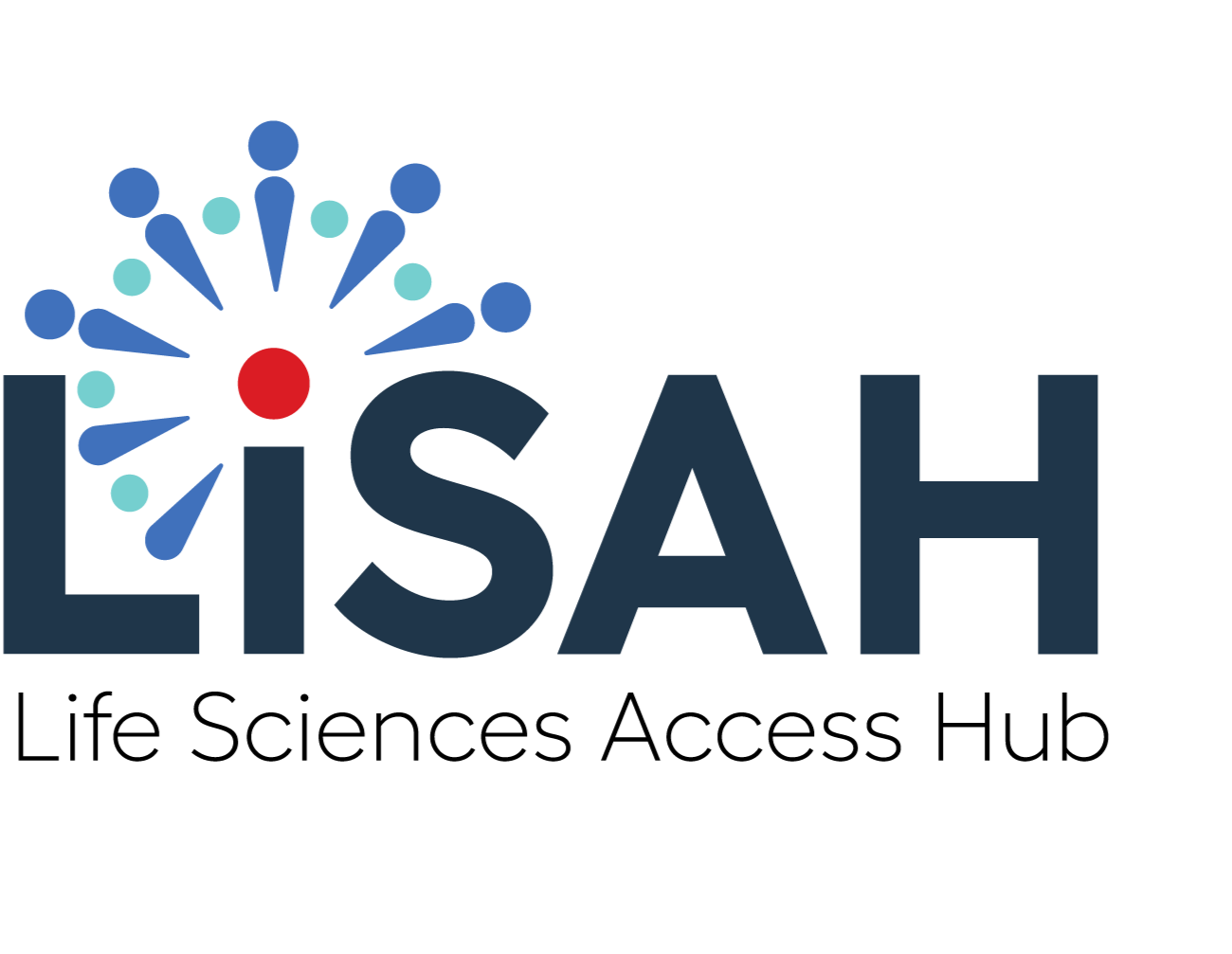Germany is a federal republic comprising 16 states (Länder), each with its own government responsible for areas such as education and policing. The federal government, based in Berlin, handles national matters including foreign policy and defence. The healthcare system is a shared responsibility between the federal and state governments. It follows a universal multi-payer model, primarily funded through statutory health insurance (Gesetzliche Krankenversicherung), with contributions shared by employers and employees.
Approximately 88% of the population is covered by this statutory insurance, which provides a comprehensive benefits package. The remaining population is covered by private health insurance (Private Krankenversicherung). The insurance system is decentralised, with governance shared between federal and state levels, and self-regulated organisations of payers and providers.
Germany has established processes for health technology assessment that focus on evaluating the comparative benefit of new treatments. The results of this assessment inform price negotiations between the manufacturer and the health insurance bodies.
If you would like to consult our Briefings please login at the top of the page or subscribe by clicking on the button below:
In this section subscribers can consult descriptions of the following stages of the national access process, with links to key sources of additional information:
- Healthcare system
- Access landscape
- Horizon scanning
- Scientific advice
- Regulatory approval
- Health technology assessment
- Price setting
- Rebates, discounts and agreements
- Utilisation and spend controls
- Early access opportunities
- Additional funding opportunities
- Innovative medicines
